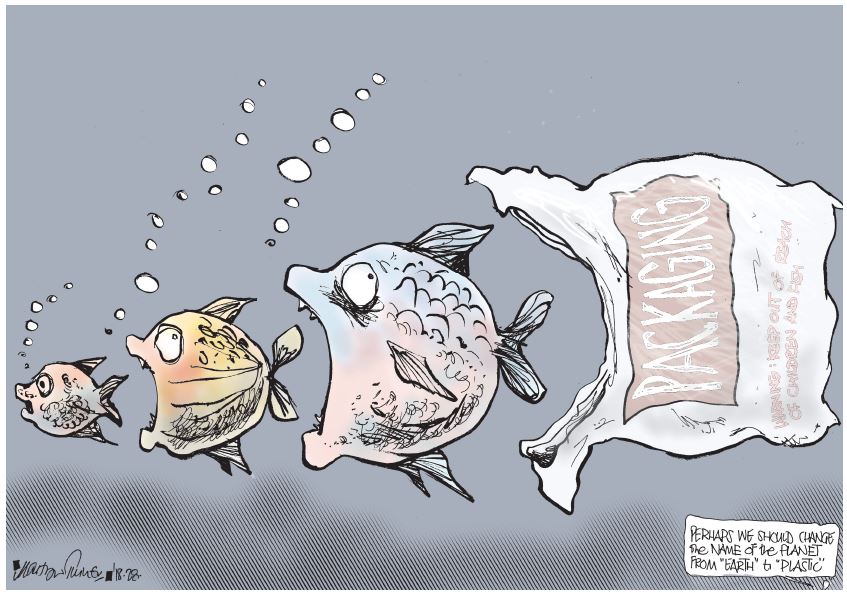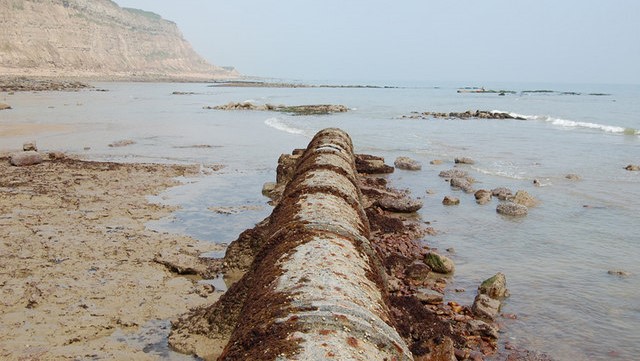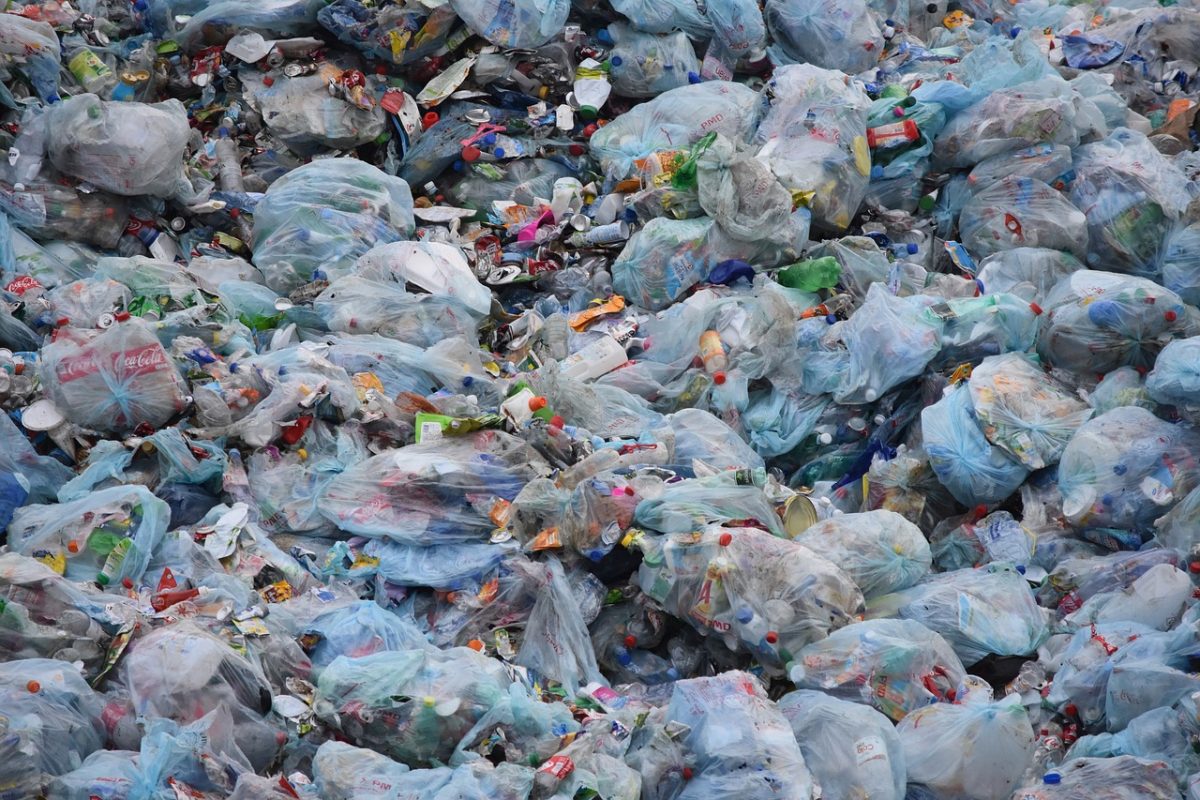Recycling of brown waste for composting and anaerobic digestion increasing, says EPA

March 21st, 2018
The recycling of brown bin waste has increased by 22 per cent in Ireland in 2016, according to the Environmental Protection Agency (EPA).
According to the EPA’s latest Waste Data, the total quantity of waste generated in Ireland and accepted for treatment at composting and anaerobic digestion plants increased by 15 per cent from 2015 to 2016.
Kitchen and canteen food waste and garden waste accounted for the majority of the biodegradable waste (65 per cent) collected in 2016.
Waste is recycled through composting or subjected to anaerobic digestion. In the first case, the final product is a dark, nutrient-rich soil conditioner. The second case produces biogas, a residue that can be used to generate heat and electricity. In 2016, 79 per cent of all the biodegradable waste was composted.

According to the EPA, there is increasing trend of brown bin waste being exported to Northern Ireland for recovery. More than 30 per cent of the total amount of brown bin waste accepted at composting and anaerobic digestion facilities was accepted at Northern Ireland facilities.
The data also indicates that 640,000 households were provided with an organic bin collection service in 2016, up 12 per cent from 2015.
Waste collectors have to provide brow bins in order to guarantee that waste food is collected separately, in agglomerations areas with a population of more than 500 people.
The EPA welcomed the increase of biodegradable waste accepted for recycling at composting and anaerobic digestion plants around Ireland. That trend is in line with Ireland`s latest waste management policy.
This policy seeks to provide a roadmap for Ireland to move away from an over-dependence on landfill, through the use of new technologies and approaches that reduce waste. This policy intends to maximise the resources obtained from waste.
According to EPA senior scientific officer, Stephen Treacy, the policy aims to bring Ireland in line with the EU’s circular economy strategy. “Segregating and separately collecting biodegradable wastes such as food and garden waste means that they can be recycled and reduces the amount disposed to landfill,” he added.
Mr Treacy also praised the co-benefits of anaerobic digestion to captured biogas. “This not only mitigates the effect on climate change but the biogas can displace fossil fuel use, increasing the amount of renewables being used in Ireland,” he added.
[x_author title=”About the Author”]







